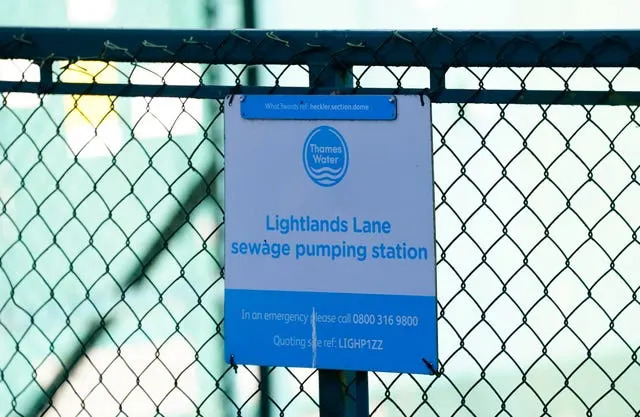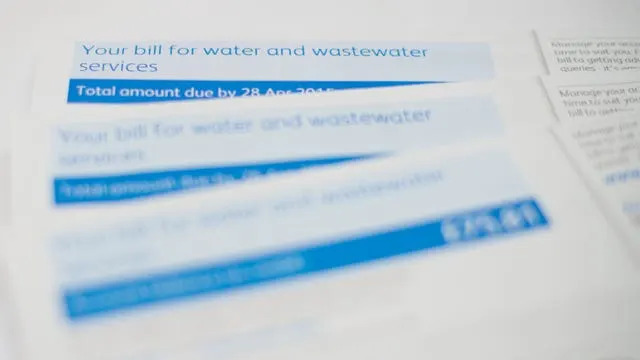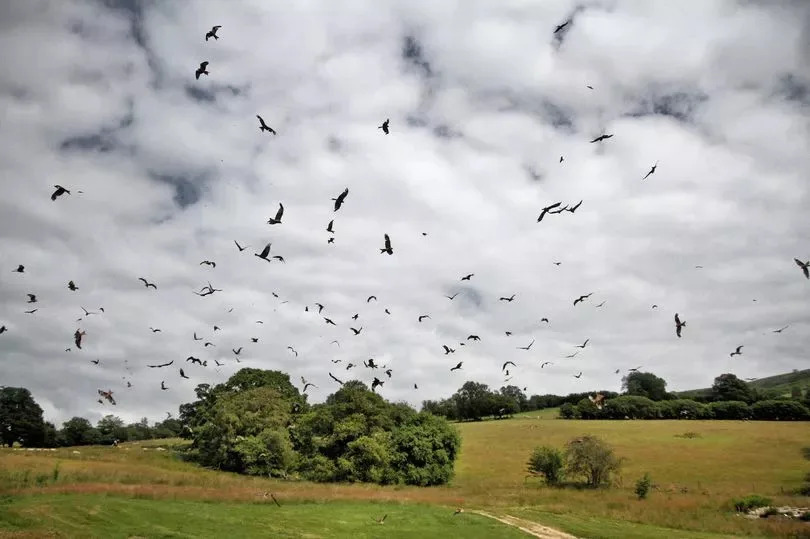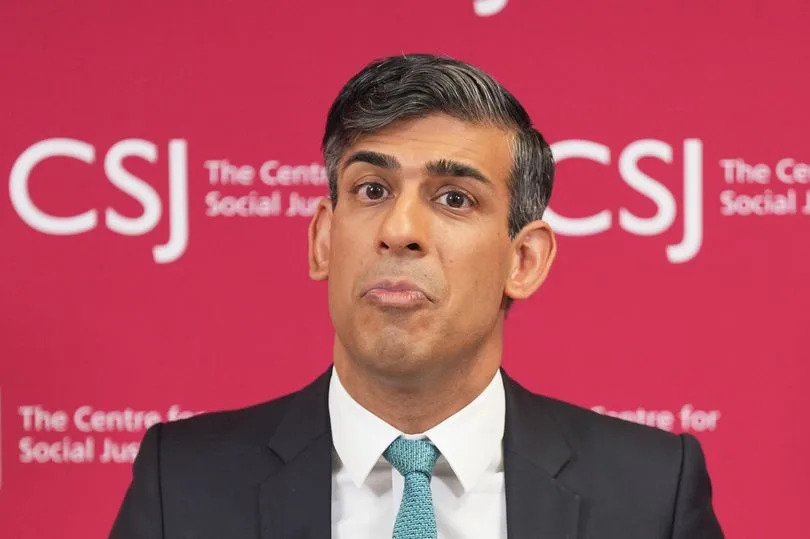‘We’re by no means out of the woods yet’: workers face uncertainty over Alstom train plant
Heather Stewart
Fri, 19 April 2024

Mick Waldram works on a train at Alstom’s plant in Derby.Photograph: Fabio De Paola/The Guardian
“It’s strange at the moment: everywhere’s so quiet. It’s not good.” Mick Waldram has worked at Alstom’s sprawling train manufacturing plant on Litchurch Lane in Derby for 20 years, like his parents before him, and has watched in recent months as its six production lines have been gradually mothballed.
“I’ve been here 20 years and my brother’s been here 20 years as well,” Waldram says. “My mum was the managing director’s secretary, she was here 38 years, and my dad was a projects engineer who was here 36 years. We want to stay here. Me and my brother are not looking at leaving, we want to stay here if possible, do another 20 years.”
Talks with the transport secretary, Mark Harper, on Tuesday raised hopes that a new order for 10 trains on London’s crowded Elizabeth line would safeguard the future of manufacturing at this historic site, which started work in the 1840s.
But after months of gnawing uncertainty for the 1,300 manufacturing staff whose jobs are at risk, and with kit standing idle and suppliers shuttered, no one is taking anything for granted.
“I don’t think we’re there yet: if you read the wording from the government, there’s caveats in there, there’s get out of jail cards,” says Darren Spencer, a production manager at the site and a rep for the Unite union. “We’re by no means out of the woods yet.”
Harper said he had reached an “agreement in principle” with Alstom on the 10 trains, subject to value for money for the taxpayer, adding that he was confident “a solution is now in sight”.
He and the trains minister, Huw Merriman, have stressed the complexity of the issue. But the Labour MP and shadow transport secretary, Louise Haigh, says it could have been resolved long ago.
“Mark Harper has spent months claiming a deal to save jobs at Alstom was out of his hands. It is shameful that he has had to be dragged kicking and screaming under pressure from Labour, the industry and Unite, just to come back to the table,” Haigh said.
She added: “Ministers need to end this cycle of chaos on our railways and develop a consistent rail procurement strategy to give certainty to manufacturers.”
Unite has worked in an unusually close double act with senior management at Alstom, in an attempt to convince the government that while future projections for the rail industry are upbeat, Litchurch Lane faces a potentially unbridgeable gap in its order schedule.
Staff and managers feared that could lead to hundreds of jobs and decades of expertise being lost – and new contracts being fulfilled overseas.
The cost of the downturn in orders is already evident onsite, where hundreds of workers gathered to mark the last train rolling off the production line late last month. Some have already taken voluntary redundancy, with more due to leave in the coming weeks.
One contractor based at Litchurch Lane, Paintbox, went into administration last year when its work painting new carriages dried up – although some of its staff have been taken on by Alstom. Motherson, which did the wiring on the trains, pulled out of the site. Another Alstom supplier, Solo Rail Solutions, in Birmingham, which made the doors, appointed administrators earlier this month.
With rail woven deeply into Derby’s local economy as well as its heritage, the campaign to close the gap in Alstom’s order book has attracted the support of scores of local businesses – with the slogan displayed on a giant banner at Derby County’s Pride Park ground during last weekend’s match.
Football fan Luke Brame, who completed his apprenticeship at the site and has worked there for nine years, says he feels proud of his handiwork as he travels around to watch matches.
“I quite like working here because I go on trains a lot for football. It’s quite cool when you go on one and you think: ‘I built this one,’” he says. “I’m waiting to see what the future is really. I haven’t gone for voluntary redundancy because I don’t know what else I want to do, and I want to carry on the legacy that the older people have left me.” While his day job is usually welding, for the moment there is nothing for him to weld.
If the order for the 10 Elizabeth line trains is confirmed – extending an existing contract – Alstom plans to restart production in Derby on a slimmed-down basis, with three or four production lines brought back into action, until work is due to start on 54 trains for HS2, in a year or so.
That contract is a joint venture with Hitachi, which is also warning about potential job losses at its Newton Aycliffe factory in County Durham, without help from the government to bring forward orders. Harper met representatives from the factory this week, and the Department for Transport insists that – as with Alstom – they are seeking a solution.
The French multinational Alstom inherited the vast Derby site – the biggest in the world outside China – when it bought the Canadian company Bombardier’s train business in 2021, as the industry emerged from the financial earthquake of the Covid pandemic.
Work servicing and refurbishing much of the UK’s passenger rail fleet continues here, as does engineering and design, which were never at risk; but manufacturing has been halted for now.
Campaigners who have fought for the future of the site welcomed Harper’s announcement this week – but lamented the months of brinkmanship and bureaucracy it took to get here.
“This is an unnecessary journey that we’ve just been on,” says John Forkin, the managing director of Marketing Derby, the city’s inward investment agency, which corralled hundreds of local businesses to throw their weight behind Litchurch Lane. They wrote to Harper earlier this week, calling on him to “save our trains: do the deal”.
“We will still be seeking meetings with ministers about the future of trains,” Forkin says, citing the fate of up to 15,000 jobs in the local supply chain, many at small companies. “We’ve got to stop this boom and bust. We should be able to plan it a lot better. We have to stop doing this.”
Back at Litchurch Lane, the cloud of uncertainty lingers.
Chloe Turnbull works in “methods engineering”, shuttling between the desk-based engineers and the hands-on production workers she trained with. “If there’s any issues that come up during the production of the trains, I’m here to get your engineering drawings and stuff like that.”
“This is my fourth year now. I did my apprenticeship for the first three years. I went down the whole production line from start to finish,” she says. “The more I can be learning now the better, and obviously the thought of not having anything any more, and going to find something else is so stressful. So I’m very stressed and upset, because I enjoy it.”




















